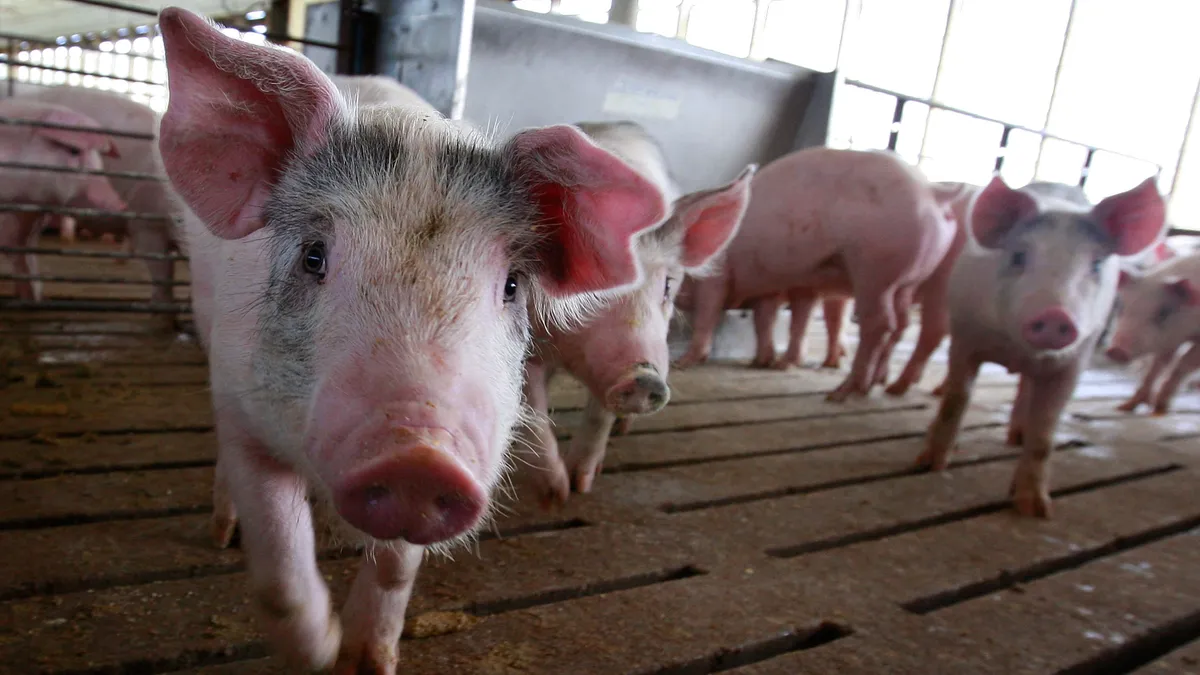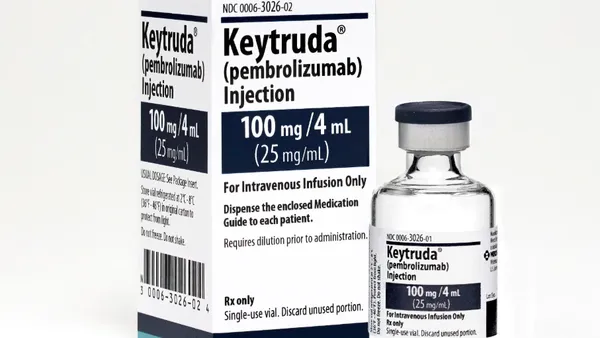A Boston hospital made history when surgeons performed the first pig-to-human kidney transplant in a living person, a procedure supported by an experimental anti-rejection drug from Eledon Pharmaceuticals.

The drug, tegoprubart, also used in a recent groundbreaking pig heart transplant, is part of a growing interest in experimental xenotransplants — animal-to-human organ transfers — to help meet organ demand. The organ supplier eGenesis genetically edited the pig organ to improve human compatibility, but even so, anti-rejection drugs are crucial.
Convincing the body to accept an animal organ is a big ask, and the risks often transcend today’s standard transplantation drug protocol. Protected only by the usual anti-rejection drugs, the body would quickly reject the pig kidney, turning it black in minutes, which is why the transplant team opted to try the experimental drug.
Tegoprubart, initially discovered by the ALS Therapy Development Institute to treat amyotrophic lateral sclerosis, reduces inflammation by targeting a protein linked to the body’s immune response. But the drug also works to prevent organ rejection.
Eledon is also testing tegoprubart in traditional human-to-human kidney transplants, and last year, the company announced a $185 million financing deal to bring tegoprubart through kidney transplant trials. The drug is also part of a phase 2 pancreatic islet cell transplant trial, which harvests healthy islet cells from a donor pancreas and infuses them into the patient, where they begin to produce insulin — provided drugs can keep the body from rejecting them.
“That could be a functional cure for Type 1 diabetes,” Eledon CEO Dr. David-Alexandre Gros said.
Challenging the standard of care
The company hopes tegoprubart will become the new standard of care for transplants, a title now held by tacrolimus, a generic calcineurin inhibitor, since its approval for transplants in 1994, Gros said.
Typically, kidney transplant patients receive tacrolimus in combination with other drugs to keep the body from rejecting the organ. But over time, calcineurin inhibitors can be toxic to the kidneys and may trigger high blood pressure and diabetes, the leading causes of kidney failure, Gros said. As a result, an estimated 30% to 50% of kidney transplants fail within 10 to 15 years, he said.
Tegoprubart may be able to keep transplanted kidneys healthier for longer. In a phase 1b trial, 11 study participants saw better kidney function following transplants, and one trial participant in her 70s had better kidney function after her transplant than the average non-diabetic person her age with two working kidneys, Gros said.
Eledon is now testing the drug in a head-to-head phase 2 trial against tacrolimus, and Gros said the goal is to show superiority.
Pushing transplant viability past the average 15-year mark could help extend the limited supply of available organs. The strained supply is facing increased pressure as cases of end-stage kidney disease rise, driven by rising rates of diabetes and hypertension. Today, 17 people die each day waiting for an organ, and kidneys are the most in demand.
The rise of xenotransplantation
Xenotransplants could foster a predictable and plentiful supply of replacement organs, and the experimental procedures are already extending lives.
In September, the tegoprubart-supported pig heart transplant, the second in history, kept Lawrence Faucette, a 58-year-old dying from heart failure, alive for nearly six weeks.
And recently, Chinese scientists performed a temporary pig-to-human liver transplant using a genetically modified organ — instead of replacing the patient’s liver, the surgeons attached the pig liver to blood vessels from outside the body and removed it after 10 days. Unlike the heart and kidney, pig livers, which lack the complexity of the human organ, may not be a long-term fix, but rather a bridge to help grant the patient’s liver time to heal or until a human organ is available for transplant.
While genetically modified pig organs have made these transplants possible, a cornerstone of their success will be anti-rejection drugs, and Gros wants tegoprubart to become a mainstay.
“Our vision for Eledon is to be the new cornerstone standard of care [and a] first-line immunosuppression that's used for every organ, regardless of organ source, whether it's human or non-human,” he said.









